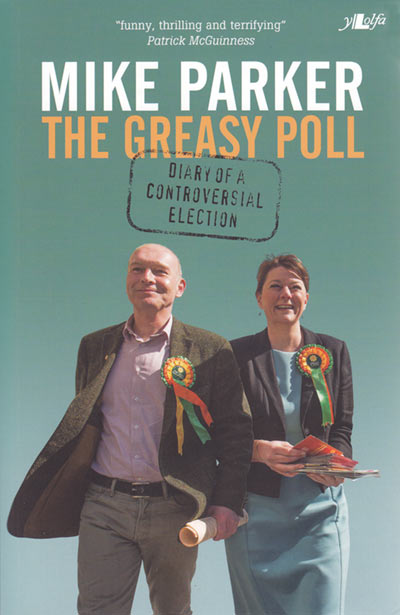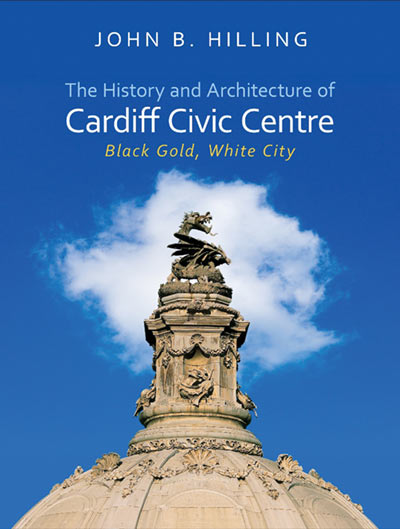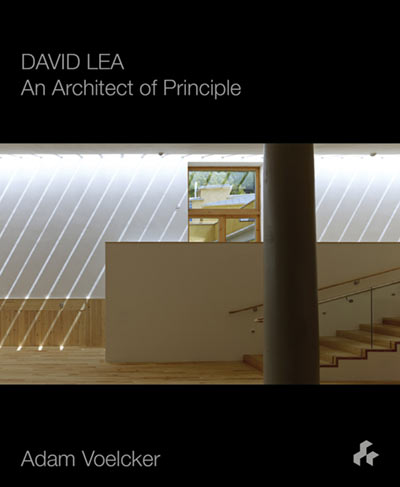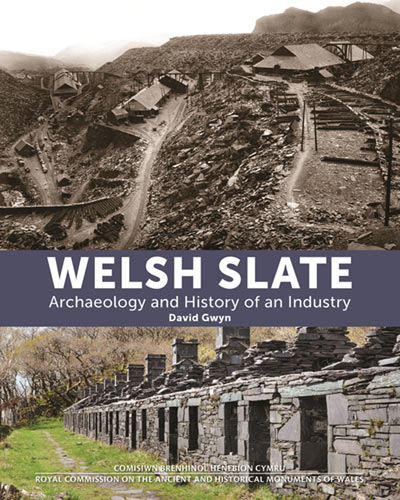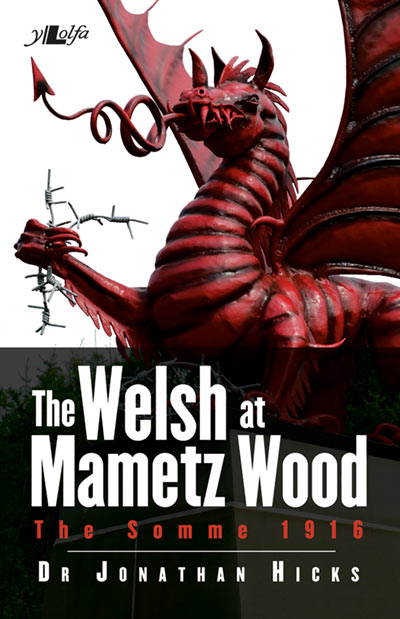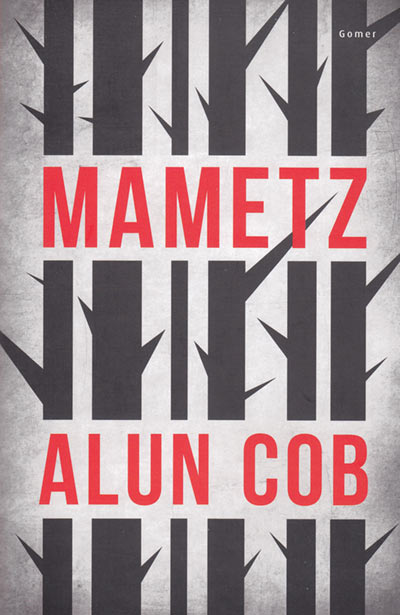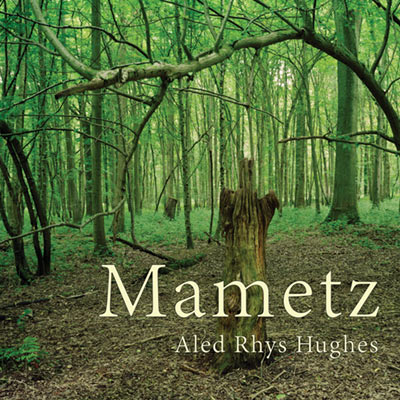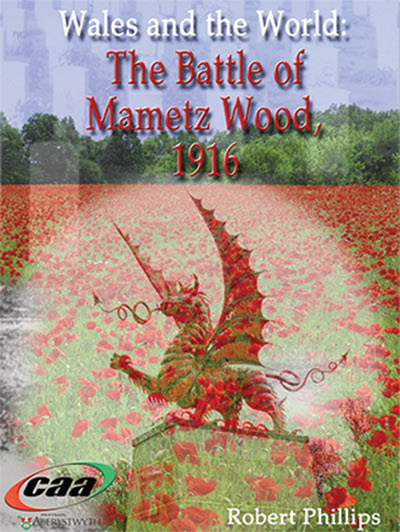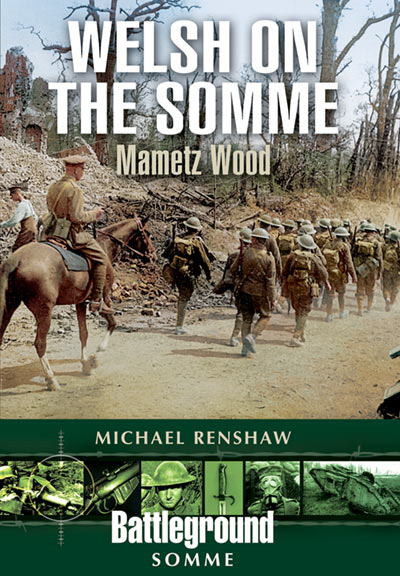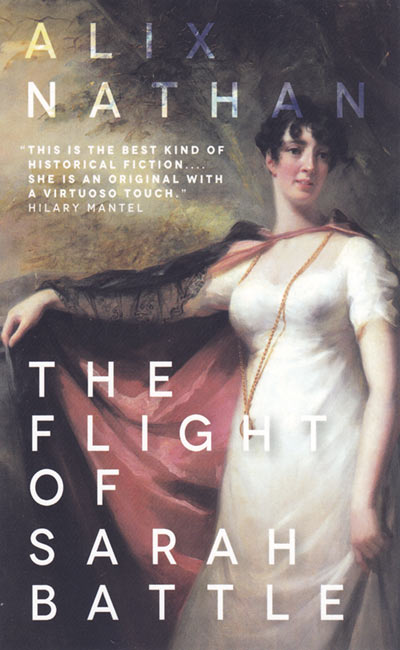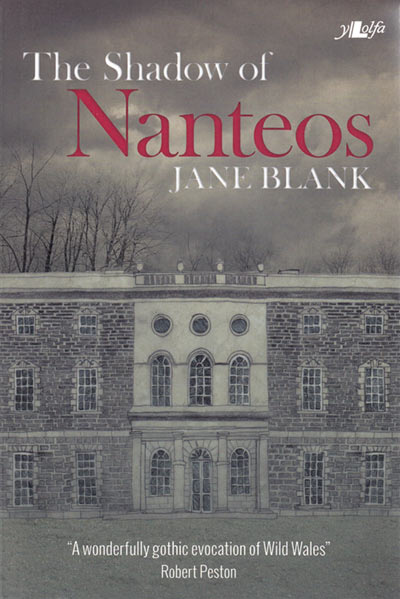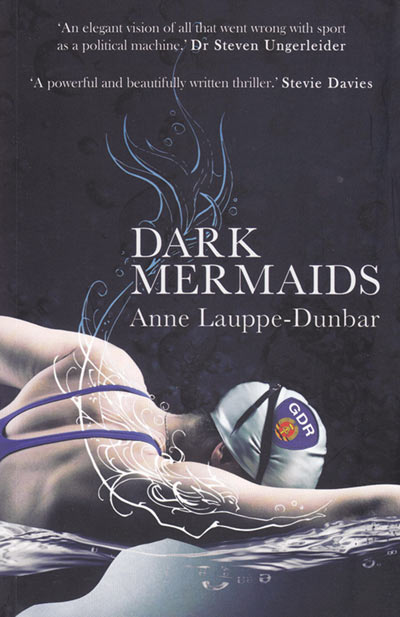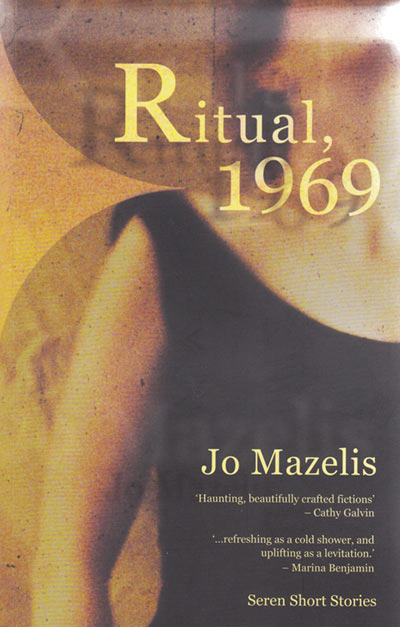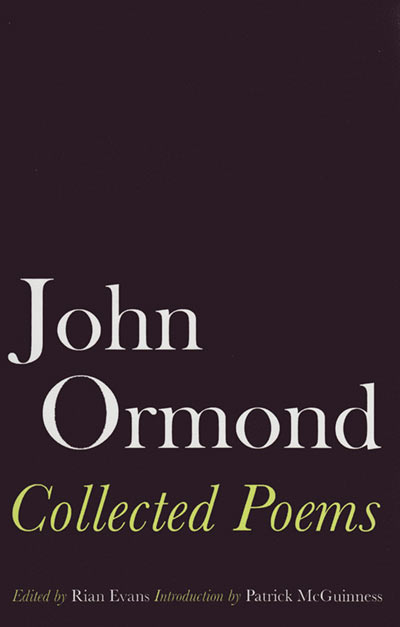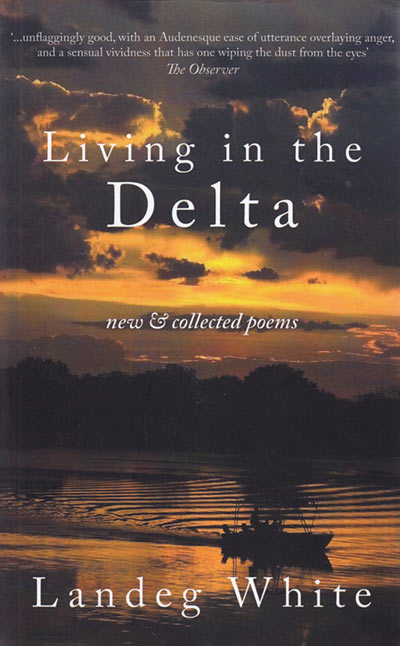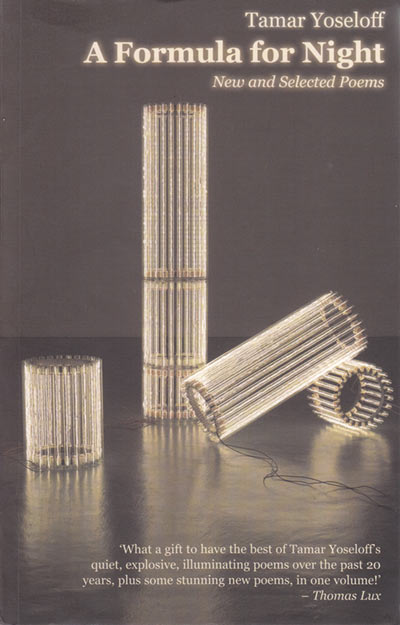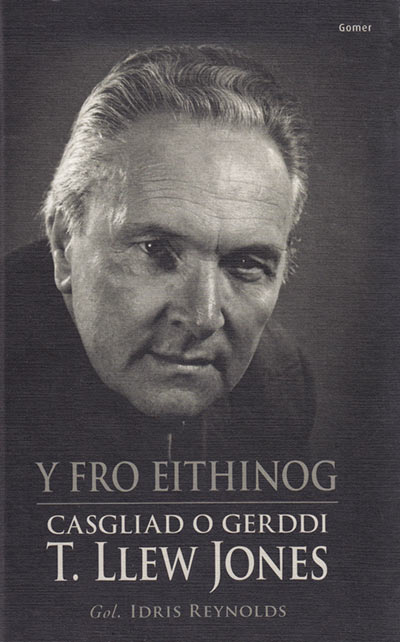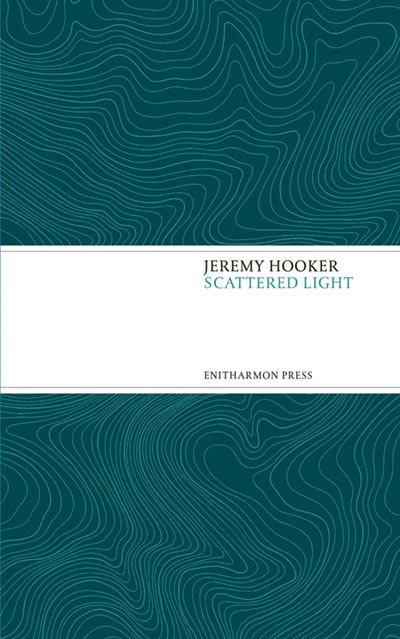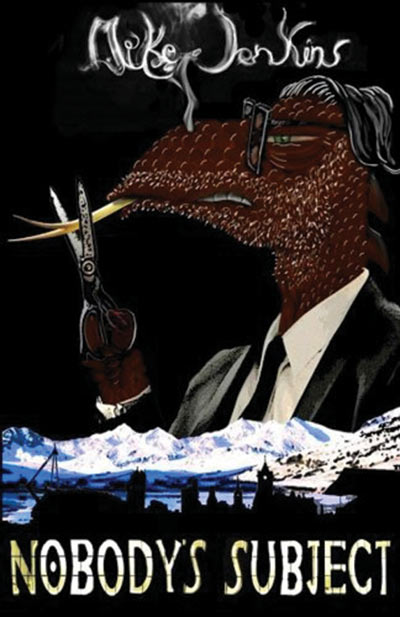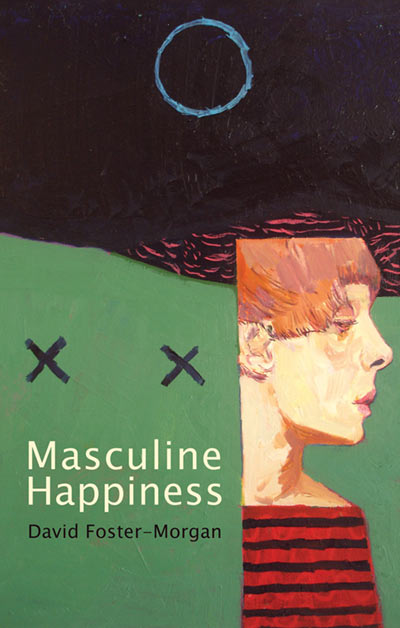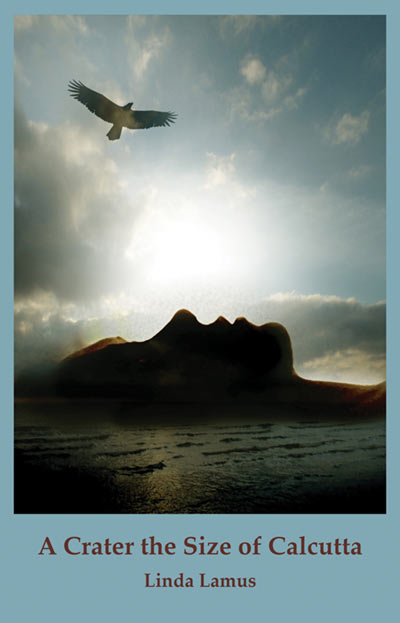Sioned Pearce and Stuart Fox offer a future direction for Welsh anti-poverty policy and cross-border collaboration on regeneration in anticipation of EU structural funds coming to an end.
Read moreMike Parker heads inland from Borth to Machynlleth along an estuarine part of the coast path, past places named after long-gone islands: Ynys Tachwedd, Neuadd-yr-Ynys, Ynyslas, Ynys Eidiol, Ynys Greigiog, Ynys Edwin and Ynyshir, sending a few tongue-in-cheek postcards from this muddy Welsh Venice as he goes…
Read moreRichard Crowe reflects on adnabod (to know people, places or things via personal experience) and wonders whether it’s because he’s originally an incomer from England that he so often fails the adnabod test when it comes to acquaintance with others. As a Welsh European he takes comfort, however, in the fact that unlike in English, ways of knowing in Welsh have much in common with other languages of the continent…
Read moreJohn Barnie pinpoints the failures, deceits and delusions of grandeur which characterised the wars in Iraq and Afghanistan. The second article, which takes a closer look at how Blair’s psyche and pop culture’s relationship with politics fed into the decision to go to war, will be published in Planet 225.
Read moreA poem by Nicholas Murray
Read moreA short story by Amanda Rackstraw
Read moreA poem by Zoë Brigley Thompson
Read moreIn the 50 years since Sam Knight reached the scene of the Aberfan disaster, so many words have been spoken, so much information analysed and so many headlines written about the atrocity, yet for some who were directly affected it is only now they can speak of their trauma. This article reflects on the desperate need for both testimony and silence when commemorating disasters around the world.
Read moreCongratulations to Hannah Roberts, the winner of our 2016 Young Writers’ Essay Competition. In her essay, Hannah argues the Welsh music scene needs to transcend its linguistic schisms and anxieties in order to promote Welsh music in both languages across the world. She urges the music industry to take more creative risk in developing distinctively Welsh sounds, while being open to cultural influences from around the globe.
Read moreCardiff Without Culture offer vital lessons for anti-austerity activism following their successful campaign against a proposed £700,000 cut to Cardiff Council’s culture budget. Greg Cullen describes how this triumph of chaotic goodwill assuaged his doubts via a New Orleans-style funeral march and several bags of compost
Read moreCatrin Webster reviews Beep Wales International Painting Prize, an exhibition currently touring the country. She describes how the traditional medium of paint can depict contemporary landscapes in the widest sense – internal, digital, architectural, psychological and sexual.
Read moreFfion Jones reviews the theatre performance Scorch which responds to how the internet is re-shaping gender politics, and can be a space for both liberation and deceit ̶ and the grey areas in between. The play sensitively draws on a news story of a young women who lived as a boy online, and who was convicted of gender fraud and sexual assault due to not disclosing her birth sex to her lover.
Read moreIntroduction to our book review section, by our Guest Book Review Editor, Peter Wakelin
Contrary to all predictions, books are alive and well. UK Book Industry Statistics prove the number published is ever-growing. The historic dearth of Welsh-interest books has become abundance. So one side of our written culture is blossoming, but the other side, the critical discussion of those publications, is thinner than ever. Yes, we have puff-pieces and dubious Amazon ‘reviews’, but lots of books never get a serious critique. The language of criticism is at risk.
Planet is one of a tiny number of Wales-based journals that offer real reviews, all of them with limited space. It’s just not possible for them to keep up with the burgeoning literature that readers might like to know about. As guest review editor I’ve squeezed Planet’s space with short articles and grouped reviews to cover some twenty-two publications. I would have liked to include twice as many.
In Wales, so many reviewers and writers are friends (or worse, enemies) that it’s hard not to be affected by inside knowledge or by fear of bumping into an offended author – perhaps more so even than among the glitterati of Hampstead. I’ve gone far and wide in search of excellent contributors who have the necessary critical distance. I hope you enjoy the reviews they’ve written.
Peter Wakelin is a writer, curator and consultant. His latest publication is Ffiniau: Four Painters in Raymond Williams’ Border Country, written to accompany the Special Exhibition at the 2016 National Eisteddfod, which tours to MOMA Machynlleth and Chepstow Museum until February.

